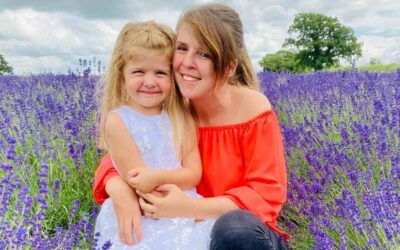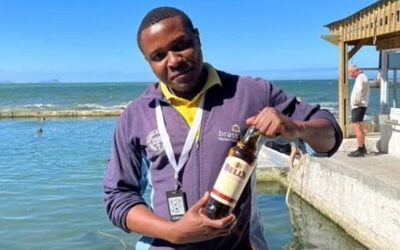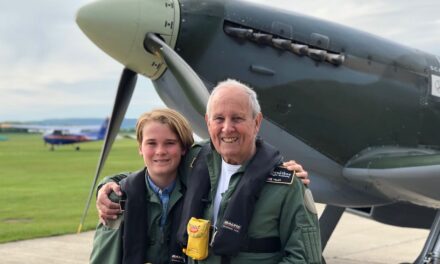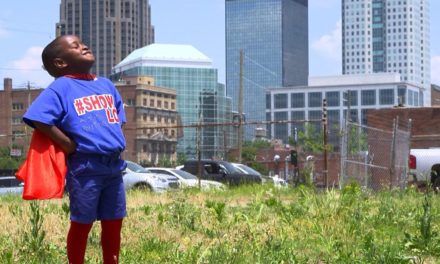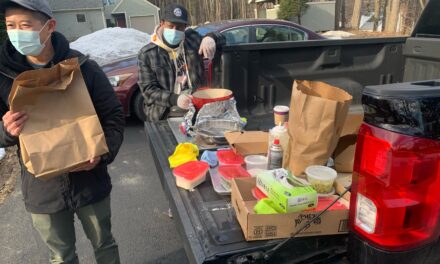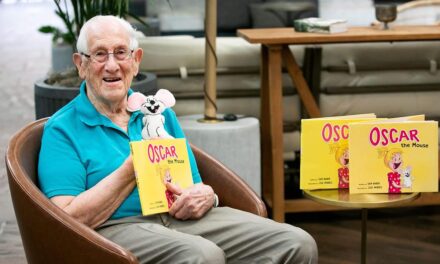“Landfill of the Future” Turns Farming Waste into Products
Most don’t look at a landfill and see potential for anything—especially biological landfills. With no discernable use, fish, farm, and forest waste is usually dumped back in the sea or forest. As we see the effects of our impact on the environment more and more every year, this is a frightening thing to consider.
One company in Newfoundland is looking to change that with their “landfill of the future.”
Clients from the industries above can come dump their biological waste and forget about it. This is where 3F Waste Recovery comes in. The waste is harvested into marketable products—such as turning shells, fins, and bones of fish into vitamins and supplements.
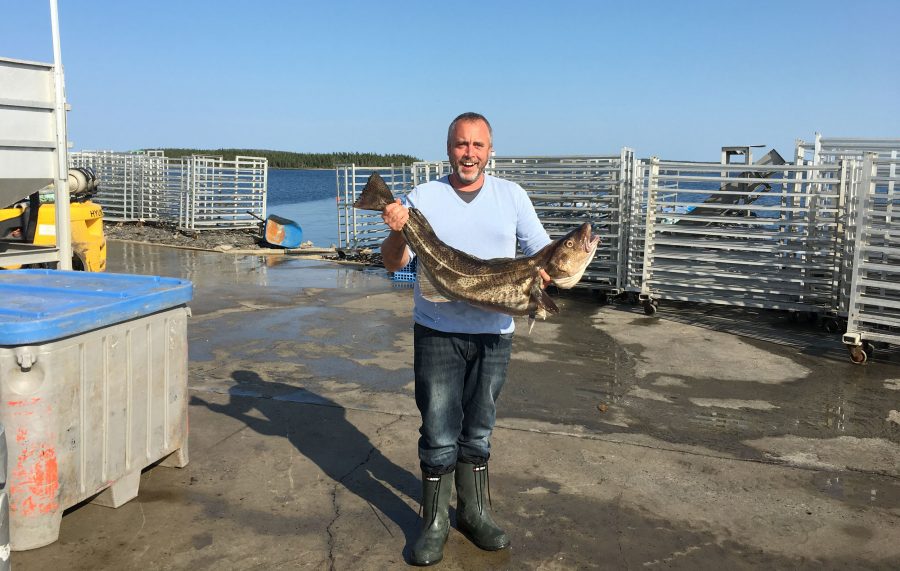
Ben Wiper. Credit: 3F Waste Recovery

“3F is founded on the principle that every molecule that comes through our door, we want to have an application for it,” Founder Ben Wiper explains. “My vision is the landfill of the future—where producers can take anything they haven’t processed, to break it down into a form that has a function.”
The operation of the company outlines the name—wastes from the fishing, farming, and forestry industries are recovered and repurposed. While getting the company moving requires a great deal of parts, it is moving. With a team of researchers, scientists, and laborers, 3F products are beginning to roll out across Newfoundland.
Shoppers can find cod-skin pet treats and protein powder. Some investors suggested that Wiper stick to the easy to manage pet treats, but he insisted this would undermine the entire company. Now, the 3F is in the process of getting approval for a number of other products. Tallow from sheep can be used by buyers for candle-making, and its wool can be used for sleeping bags or duvets. Saw dust can be used to form pellets and briquettes for wood stoves. Any remaining residue is composted.
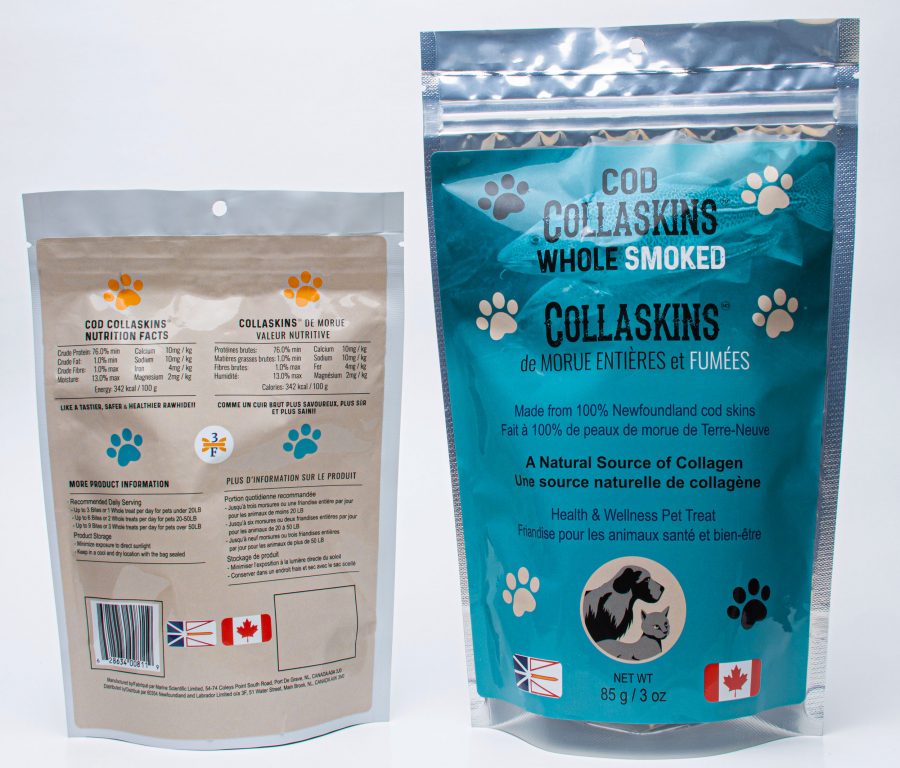
Credit: 3F
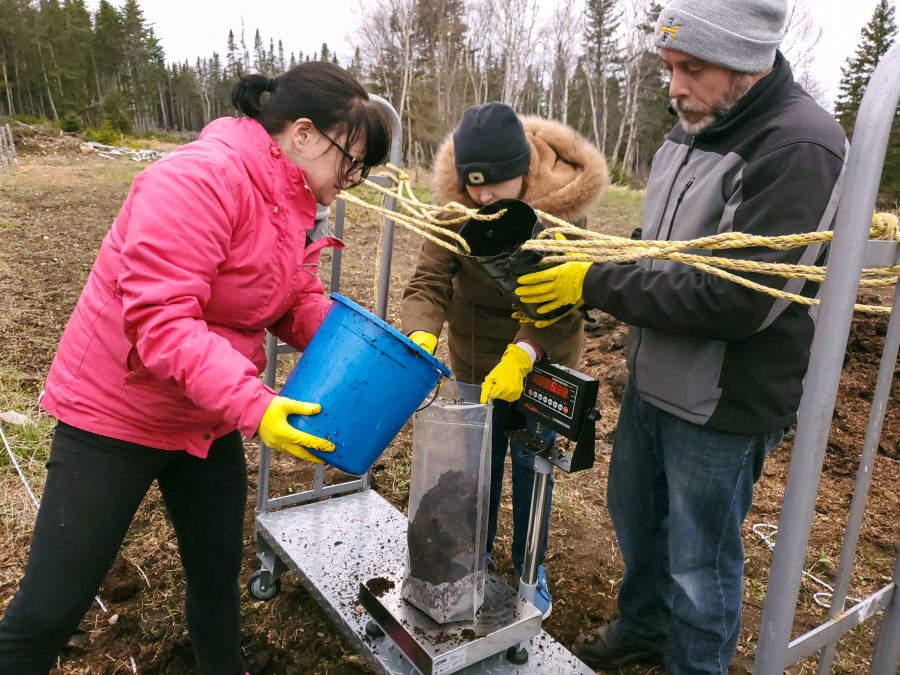
Working on a compost system. Credit: Andrea McGuire.
Sorting through the waste is not an easy job, but it’s an important one. A “circular economy,” as Wiper calls it, is essential to the health of our world as a whole. Focusing on sustainability and reduction of waste will help cut down on environmental impact. If 3F succeeds, its model can be spread to other fisheries.
And 3F Waste Recovery is already proving to have a promising future. A multi-million dollar deal for pet treats is soon to close, which will at 40 jobs to the rural area. The Smart Prosperity Institute identified 3F among 200 circular economy startups as one of the most promising. Maybe, in a few years, the positive impacts of the company will be felt in Newfoundland’s natural environment too.
MORE INSPIRING STORIES
Related
7-Year-Old with “Incurable” Condition Overcomes Her Diagnosis
When Evie-Mae Geurts was just a few months old, she was registered as blind. It’s a difficult prognosis for any parent to hear, that their child will live a more challenging life than others. It’s hundreds of times more difficult when that diagnosis is compounded with...
Anonymous Donor Pays Off Tuition for Graduating Class at Wiley College
Graduation is an equally exciting and terrifying time for many college students. While the time should be spent celebrating the massive achievement, many are fraught with worries of the future—namely, how they are going to overcome the debt they’ve accumulated. Wiley...
Bartender Saves Family from Rip Current
Cape Town, South Africa, is well-known as a tourist destination in part for its gorgeous beaches. People travel to the area for its nature, its culture, and maybe to end the day with a drink on the water. That is precisely how Clair Gardiner and her daughter, Arya,...

Join
Subscribe
GET INSPIRATION & BEAUTY RIGHT IN YOUR IN BOX!

